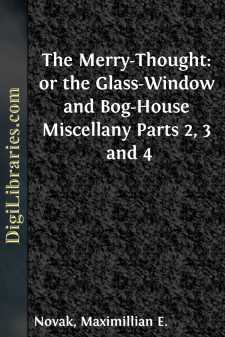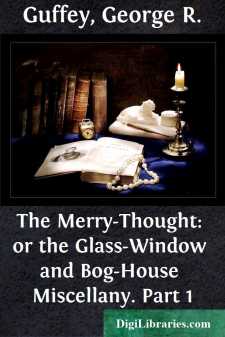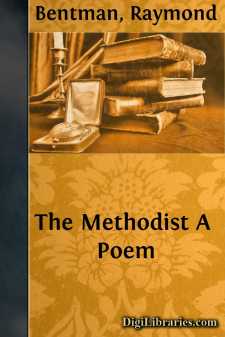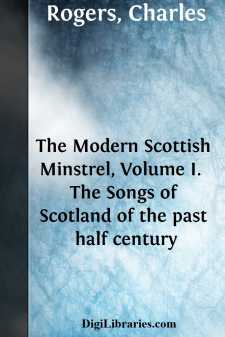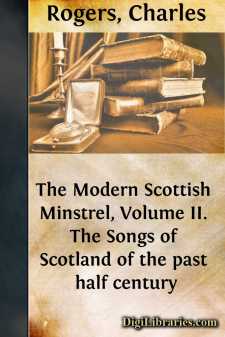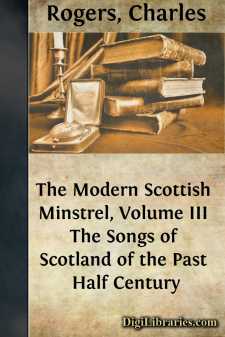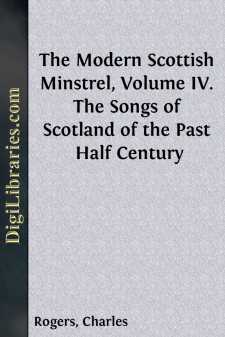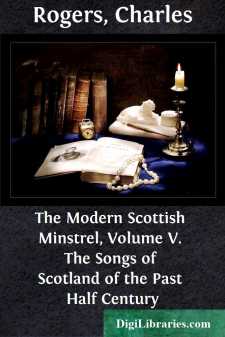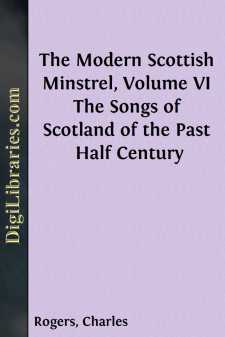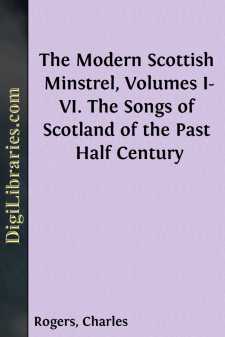Poetry
- American 96
- Ancient, Classical & Medieval 41
- Asian 15
- Australian & Oceanian 11
- Canadian 11
- Caribbean & Latin American 5
- Children's Poetry & Nursery rhymes 51
- Continental European 11
- English, Irish, Scottish, Welsh
- General 483
- Inspirational & Religious 7
- Middle Eastern 3
English, Irish, Scottish, Welsh Books
Sort by:
INTRODUCTION In an address to the American Society for Eighteenth Century Studies at the 1983 annual meeting, Roger Lonsdale suggested that our knowledge of eighteenth-century poetry has depended heavily on what our anthologies have decided to print. For the most part modern anthologies have, in turn, drawn on collections put together at the end of the eighteenth century and the beginning of the next,...
more...
by:
George R. Guffey
INTRODUCTION For modern readers, one of the most intriguing scenes in Daniel Defoe's Moll Flanders (1722) occurs during the courtship of Moll by the man who is to become her third husband. Aware that the eligible men of her day have little interest in prospective wives with small or nonexistent fortunes, Moll slyly devises a plan to keep her relative poverty a secret from the charming and (as she...
more...
by:
Raymond Bentman
INTRODUCTION Evan Lloyd’s works consist chiefly of four satires written in 1766 and 1767, all of which are now little-known. What little notice he receives today results from his friendship with John Wilkes and David Garrick and from one satire, The Methodist, which is usually included in surveys of anti-Methodist literature. For the most part, his obscurity is deserved. In The Methodist, however, he...
more...
by:
Charles Rogers
JOHN SKINNER. Among those modern Scottish poets whose lives, by extending to a considerably distant period, render them connecting links between the old and recent minstrelsy of Caledonia, the first place is due to the Rev. John Skinner. This ingenious and learned person was born on the 3d of October 1721, at Balfour, in the parish of Birse, and county of Aberdeen. His father, who bore the same...
more...
by:
Charles Rogers
INTRODUCTION TO The Modern Gaelic Minstrelsy. The suspicion which arose in regard to the authenticity of Ossian, subsequent to his appearance in the pages of Macpherson, has unjustly excited a misgiving respecting the entire poetry of the Gael. With reference to the elder poetry of the Highlands, it has now been established that at the period of the Reformation, the natives were engrossed with the lays...
more...
by:
Charles Rogers
Men who compare themselves with their nearest neighbours are almost invariably conceited, speak boastingly of themselves, and disrespectfully of others. But if a man extend his survey, if he mingle largely with people whose feelings and opinions have been modified by quite different circumstances, the result is generally beneficial. The very act of accommodating his mind to foreign modes of thought...
more...
by:
Charles Rogers
It is exceedingly difficult to settle the exact place of, as well as to compute the varied influences wielded by, a great original genius. Every such mind borrows so much from his age and from the past, as well as communicates so much from his own native stores, that it is difficult to determine whether he be more the creature or the creator of his period. But, ere determining the influence exerted by...
more...
by:
Charles Rogers
Judging from a comparison of extant remains, and other means of information now available, it may be doubted whether any country has equalled Scotland in the number of its lyrics. By the term lyrics, I mean specifically poetical compositions, meant and suitable to be sung, with the musical measures to which they have been wedded. I include under the term, both the compositions themselves, and their...
more...
by:
Charles Rogers
INTRODUCTION. As if pointing to a condition of primeval happiness, Poetry has been the first language of nations. The Lyric Muse has especially chosen the land of natural sublimity, of mountain and of flood; and such scenes she has only abandoned when the inhabitants have sacrificed their national liberties. Edward I., who massacred the Minstrels of Wales, might have spared the butchery, as their...
more...
by:
Charles Rogers
PREFACE. Scotland has probably produced a more patriotic and more extended minstrelsy than any other country in the world. Those Caledonian harp-strains, styled by Sir Walter Scott "gems of our own mountains," have frequently been gathered into caskets of national song, but have never been stored in any complete cabinet; while no attempt has been made, at least on an ample scale, to adapt, by...
more...


